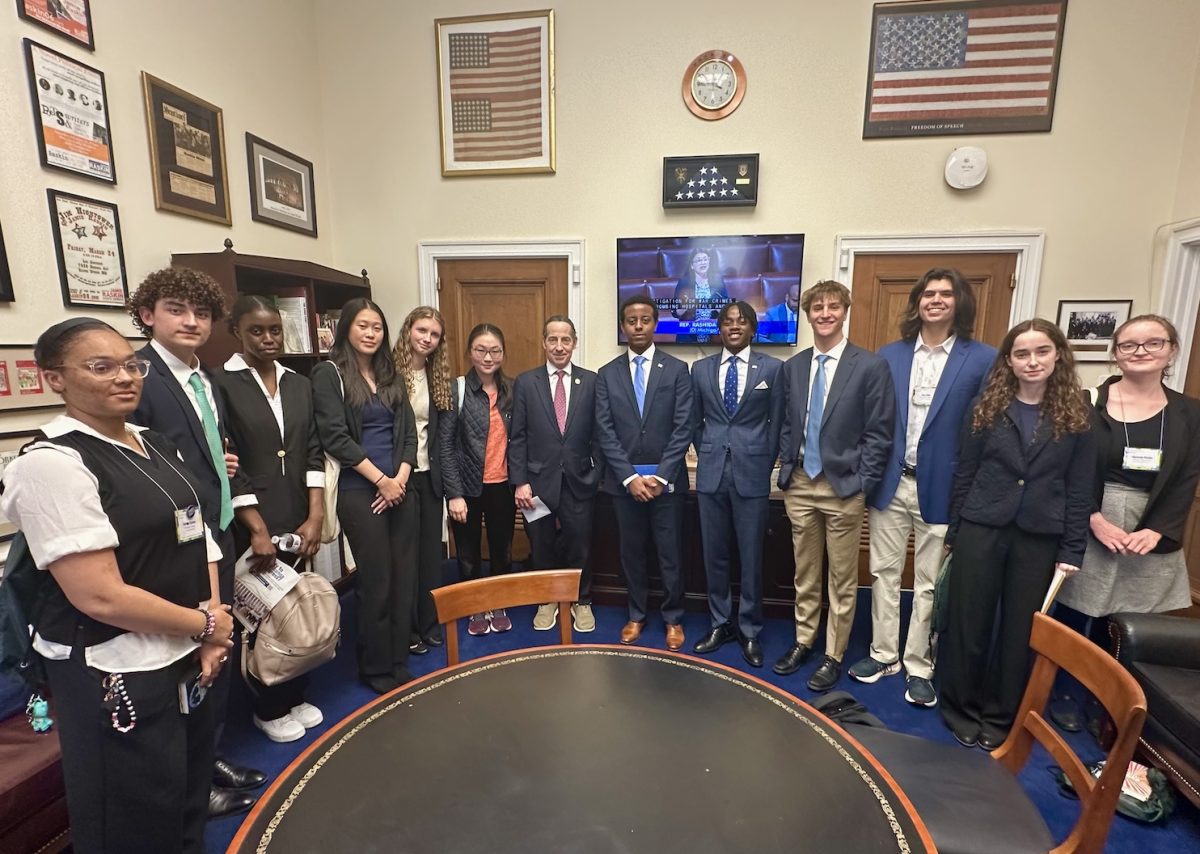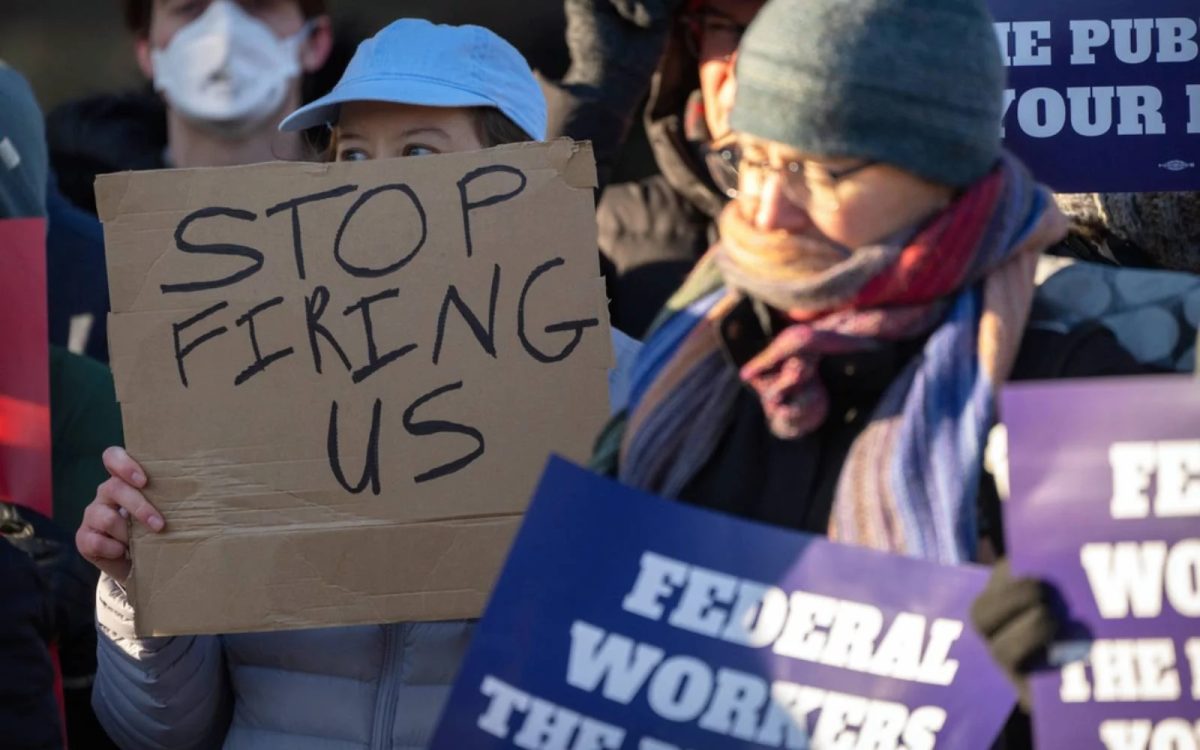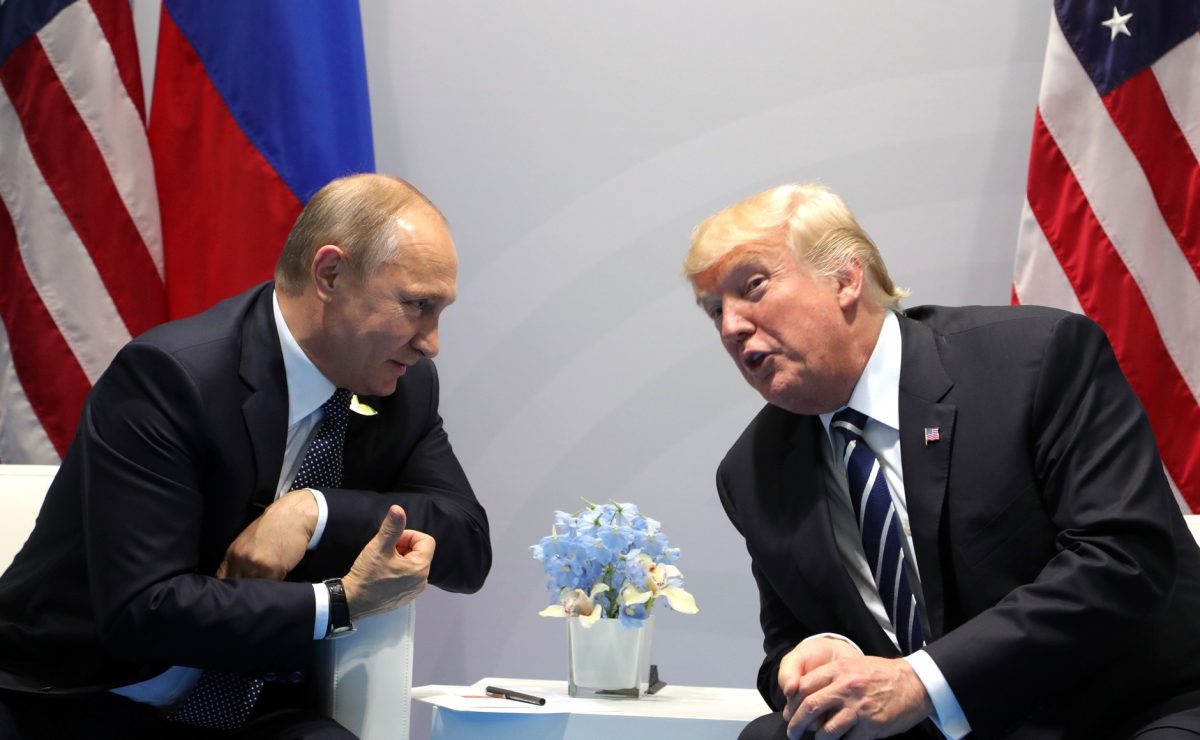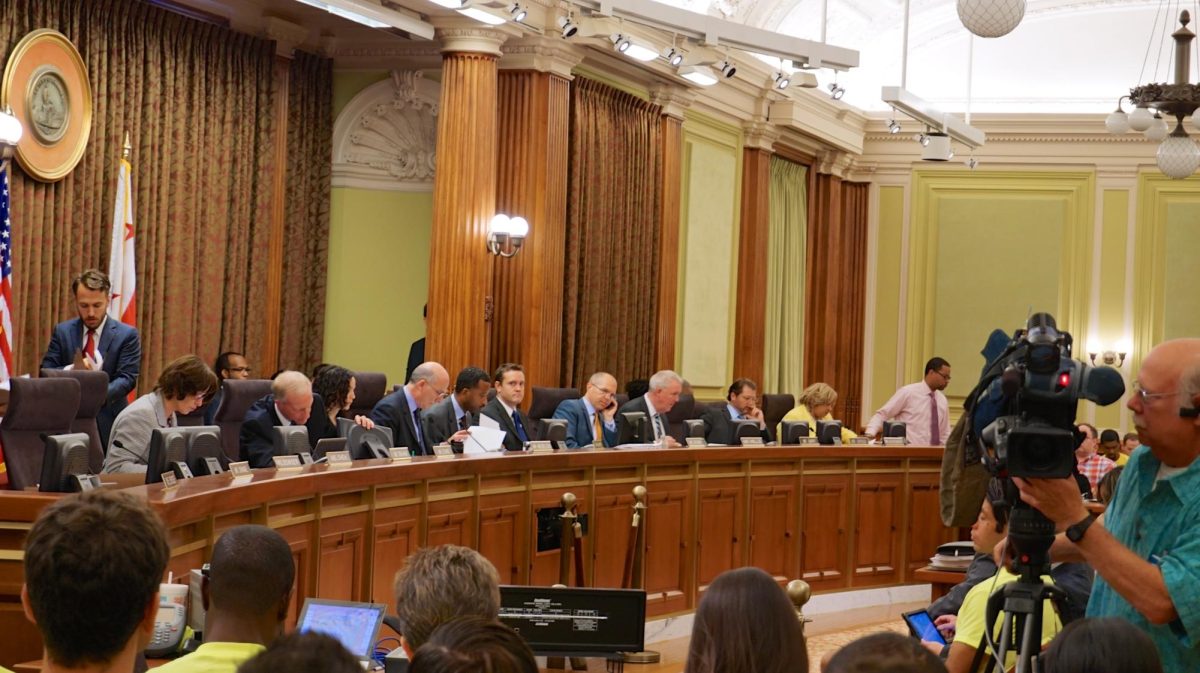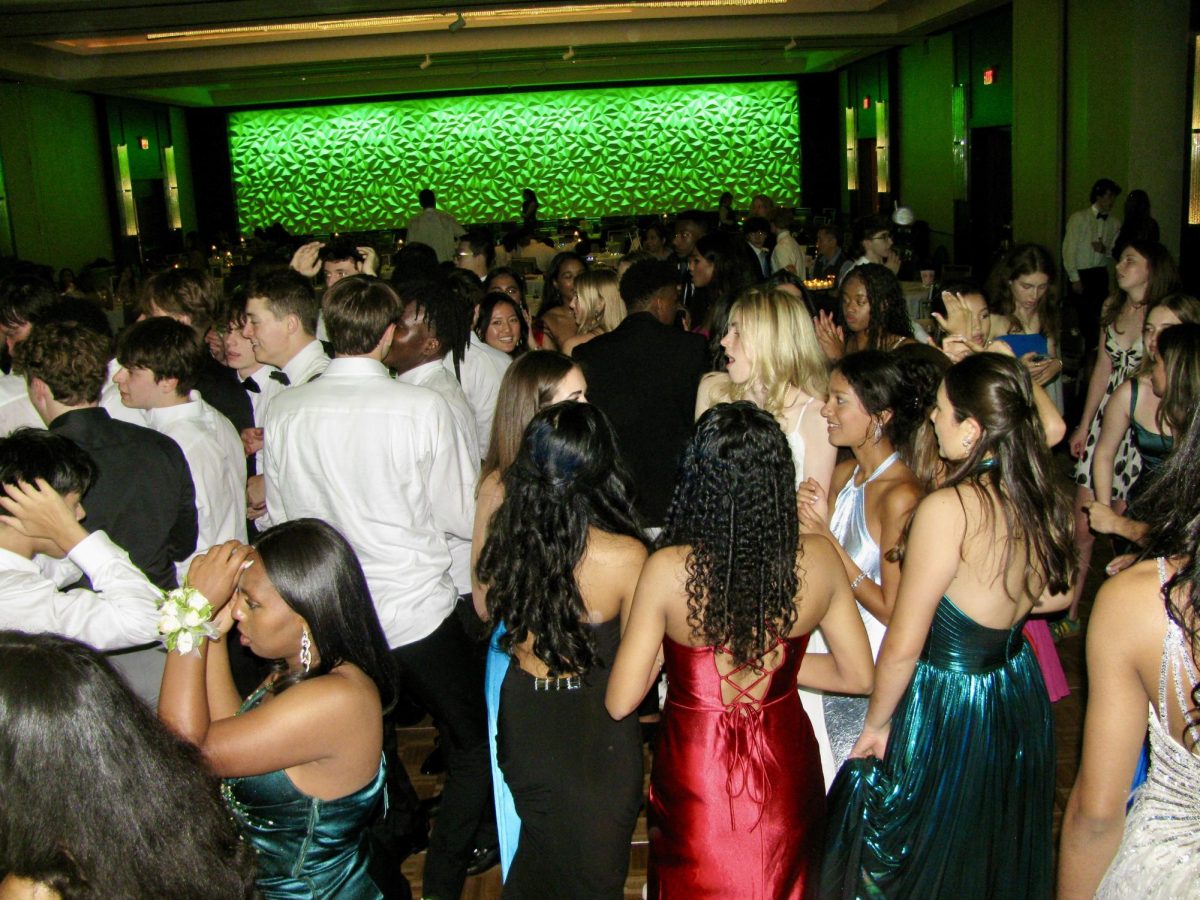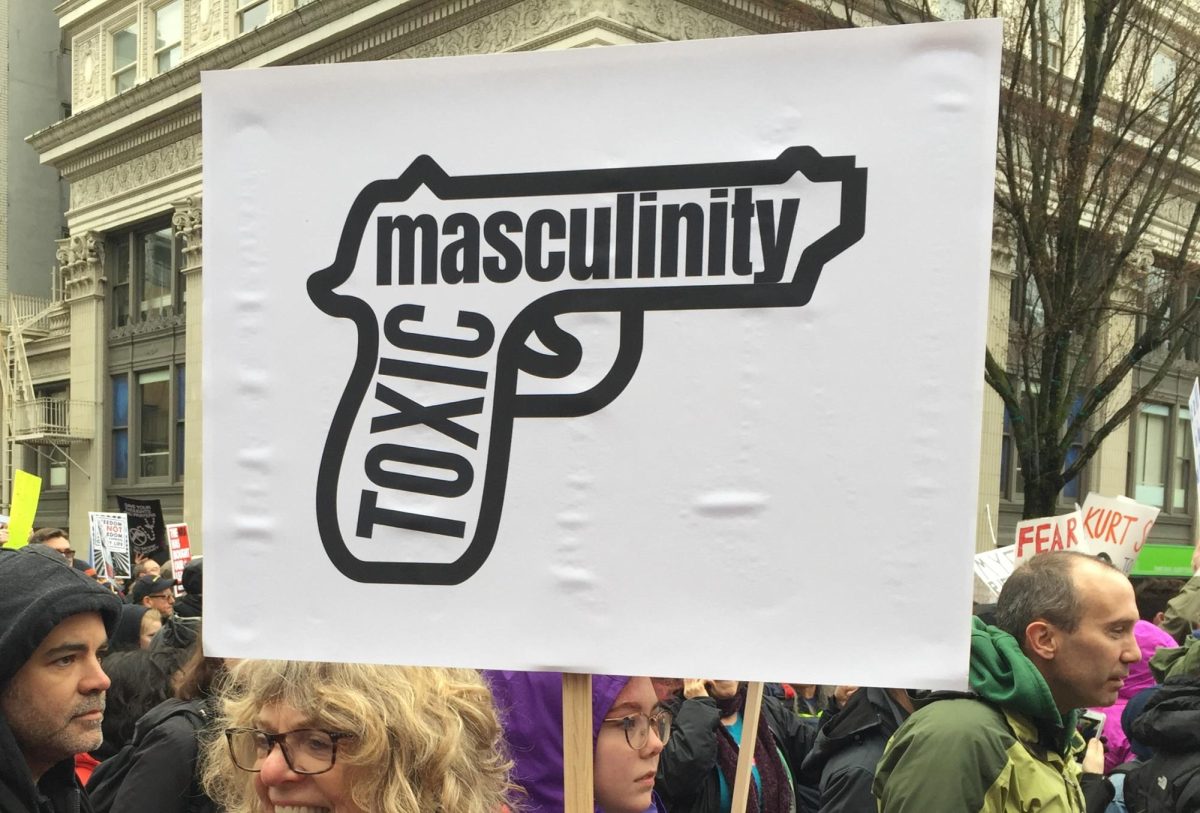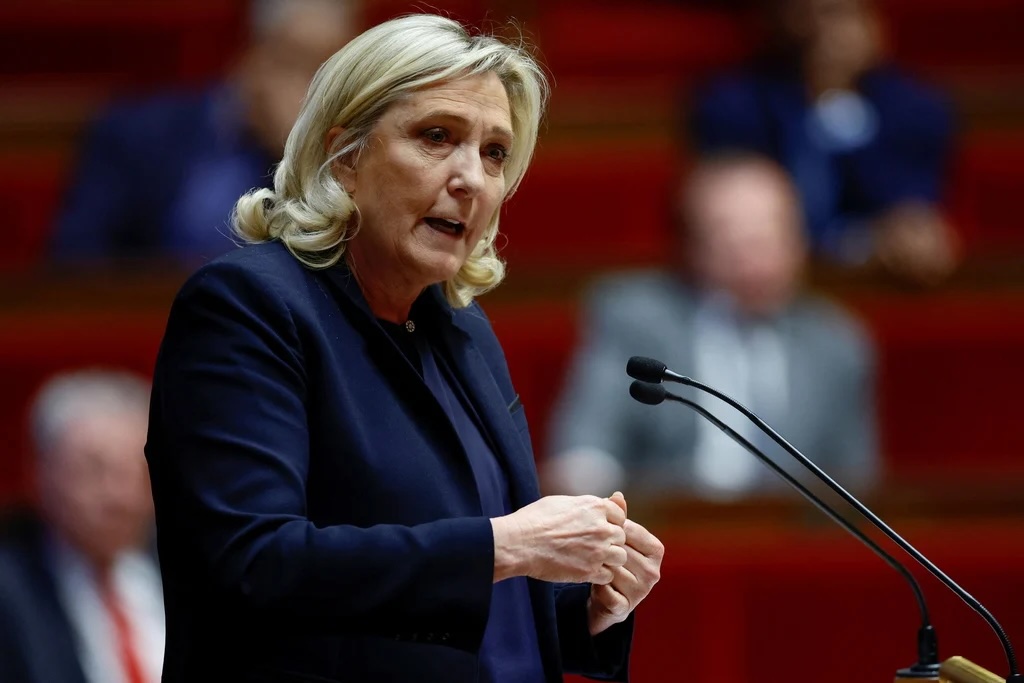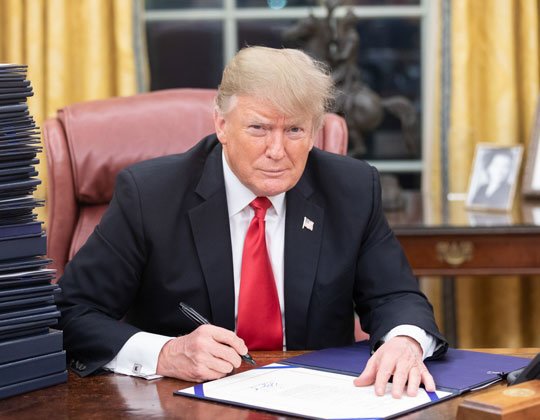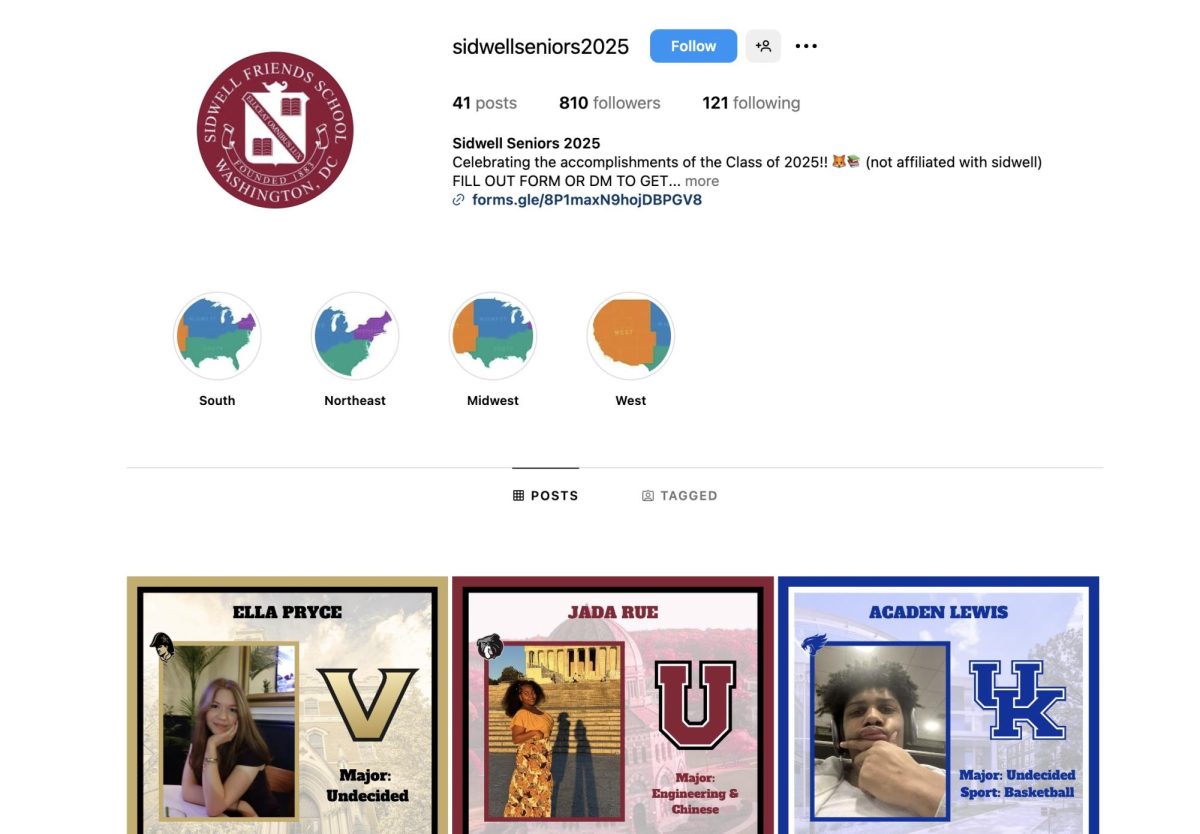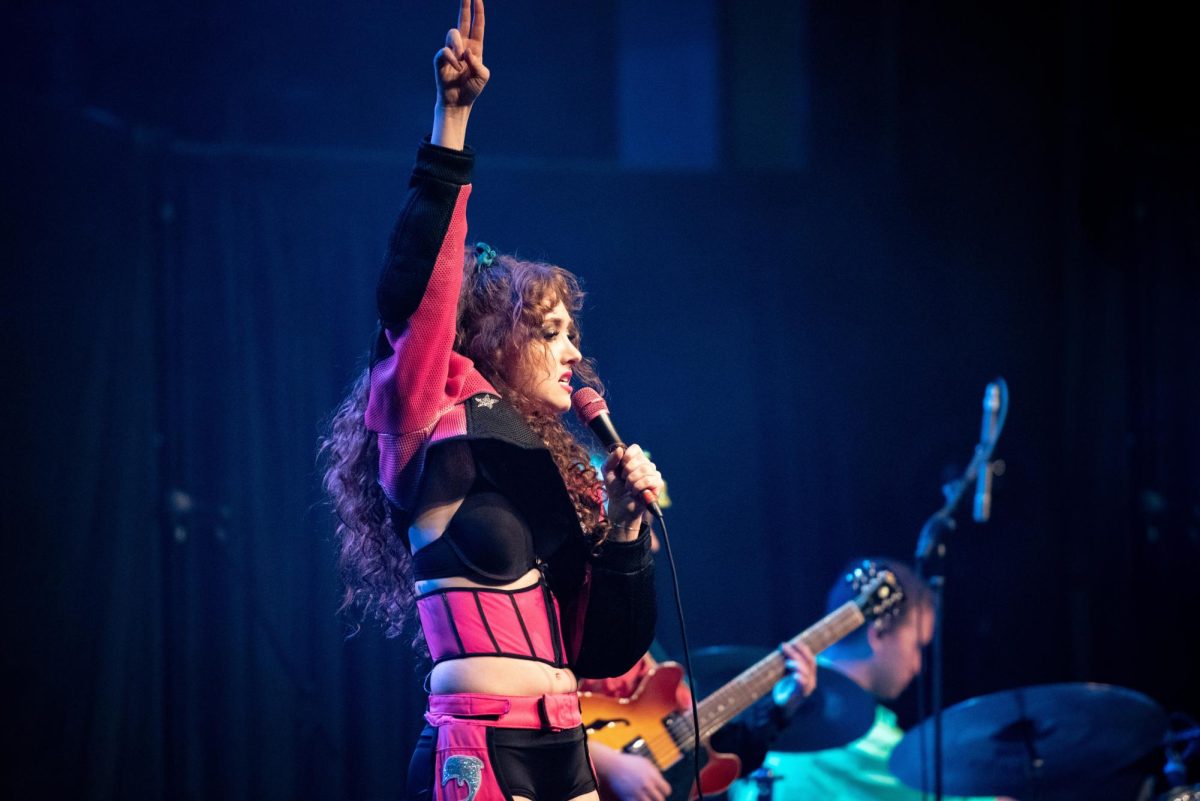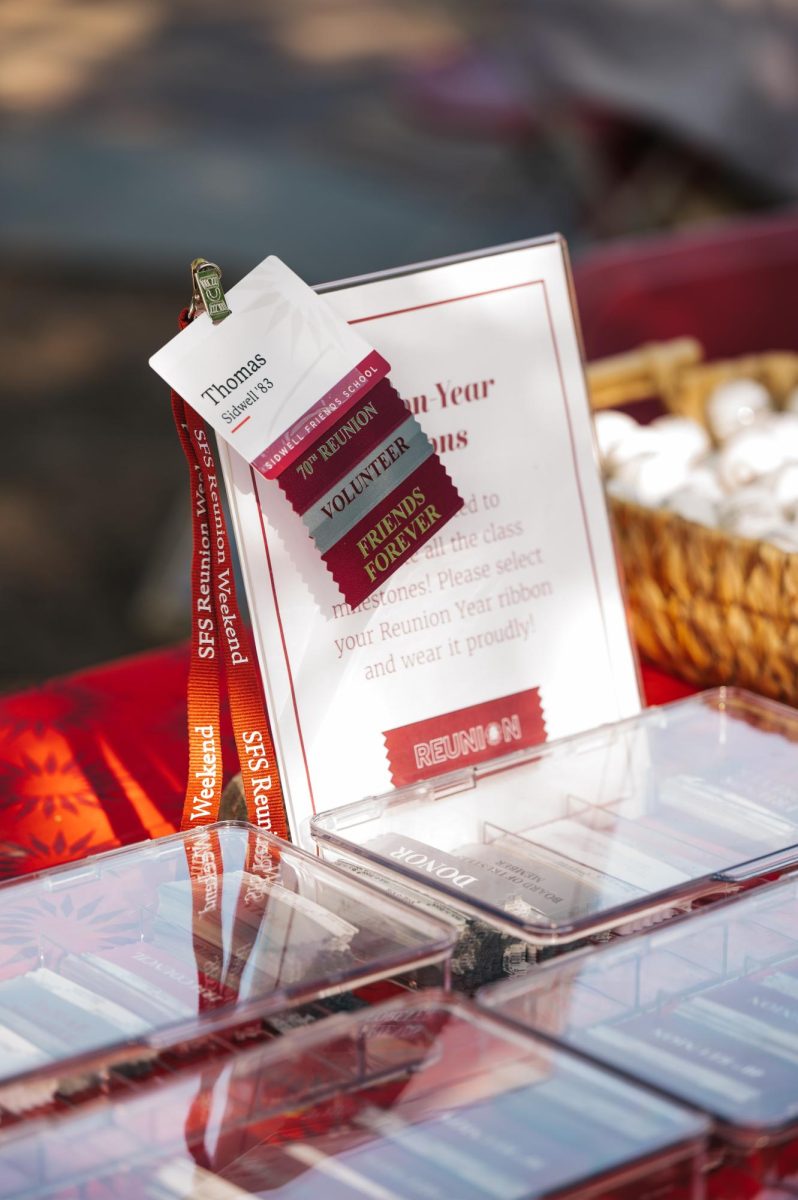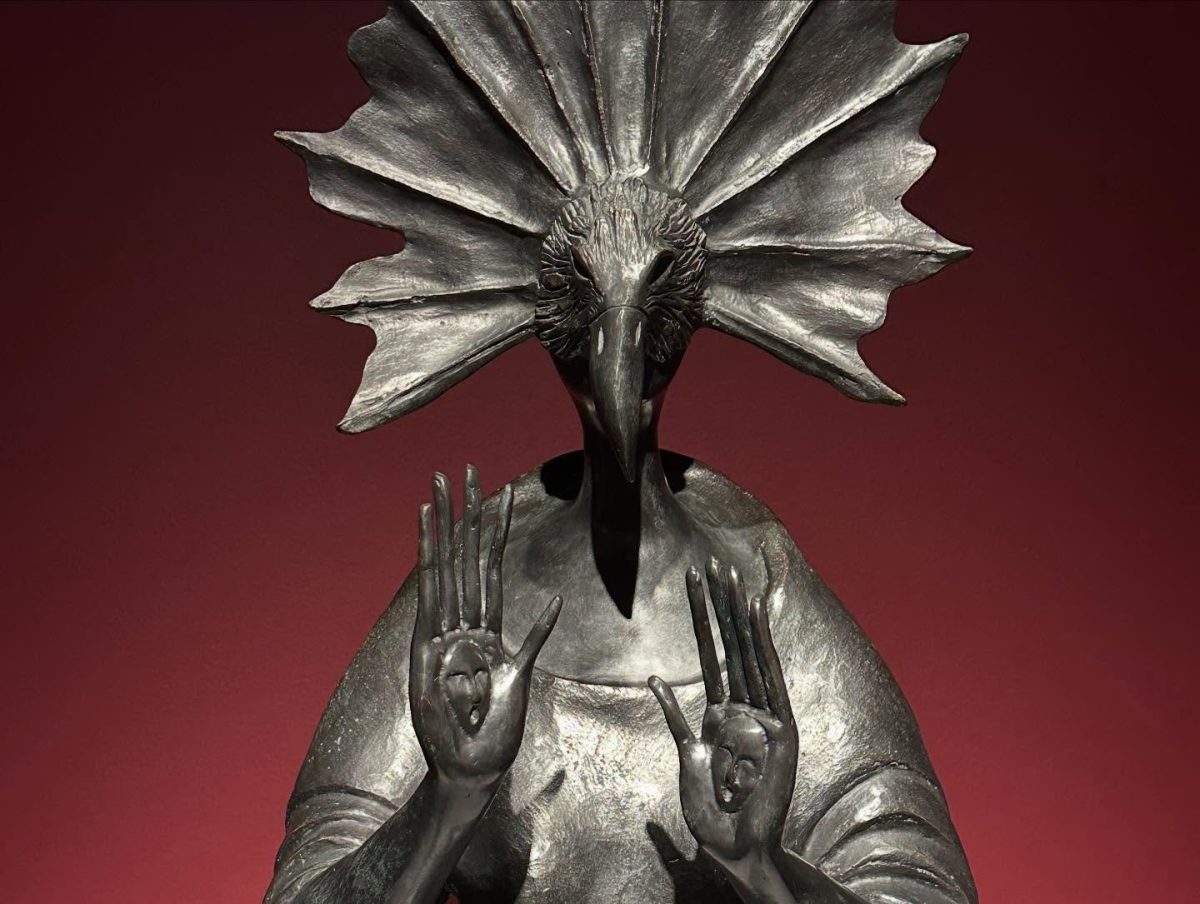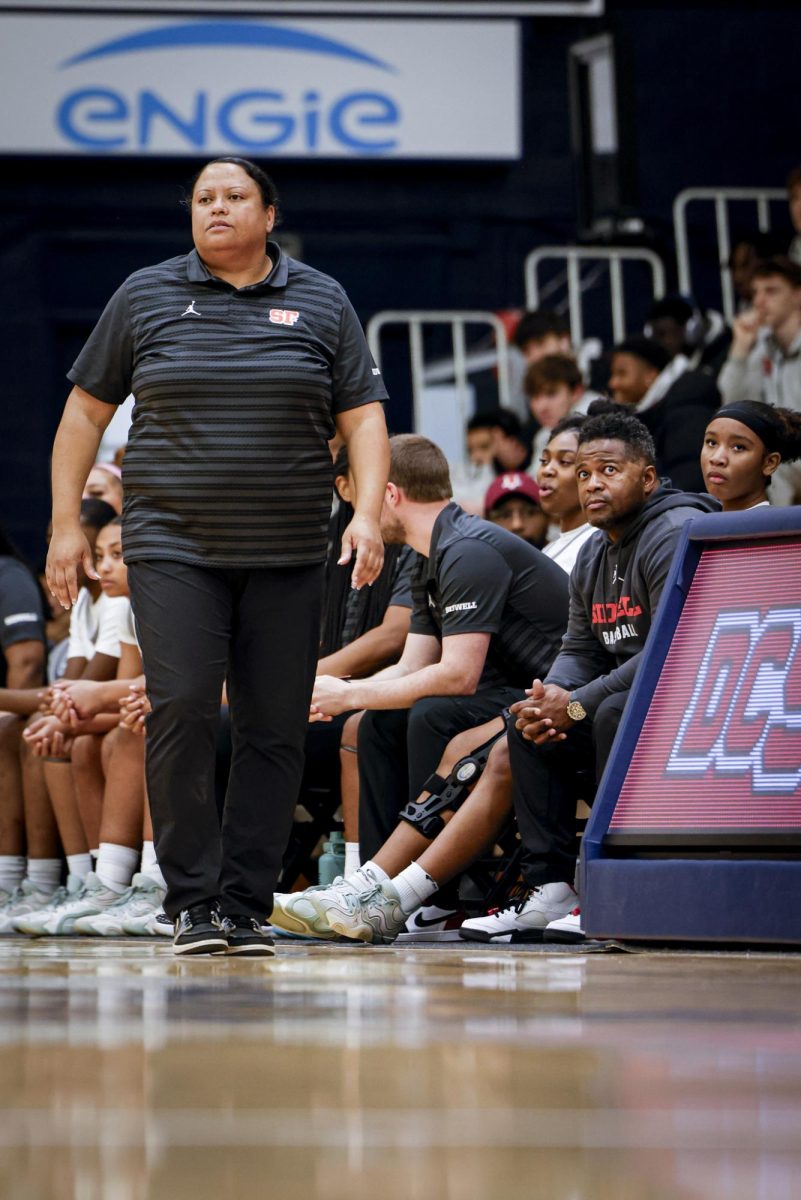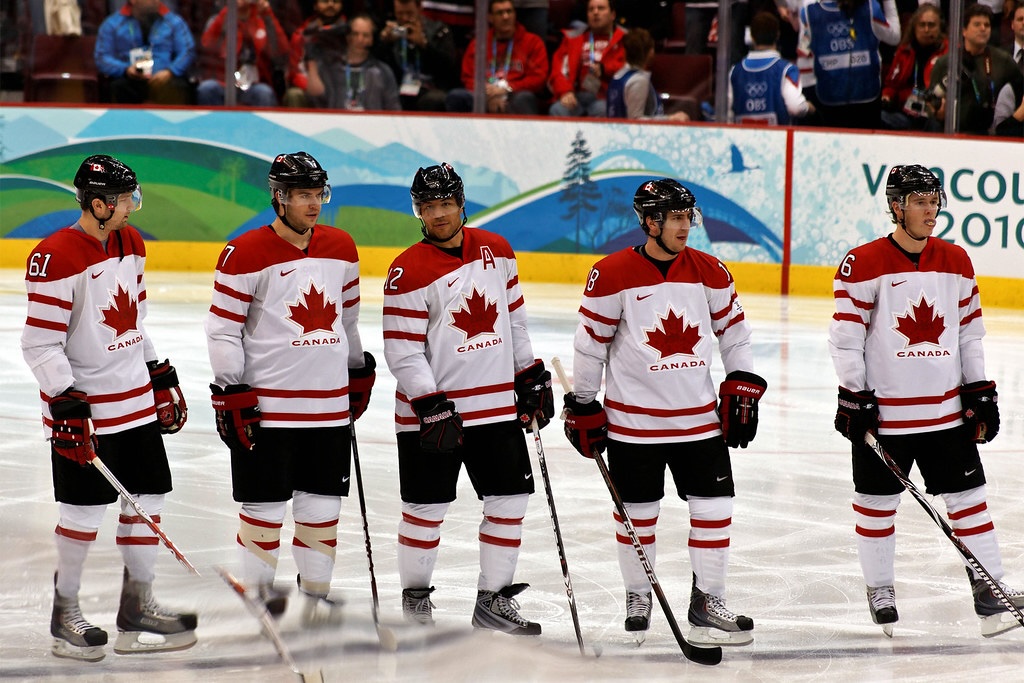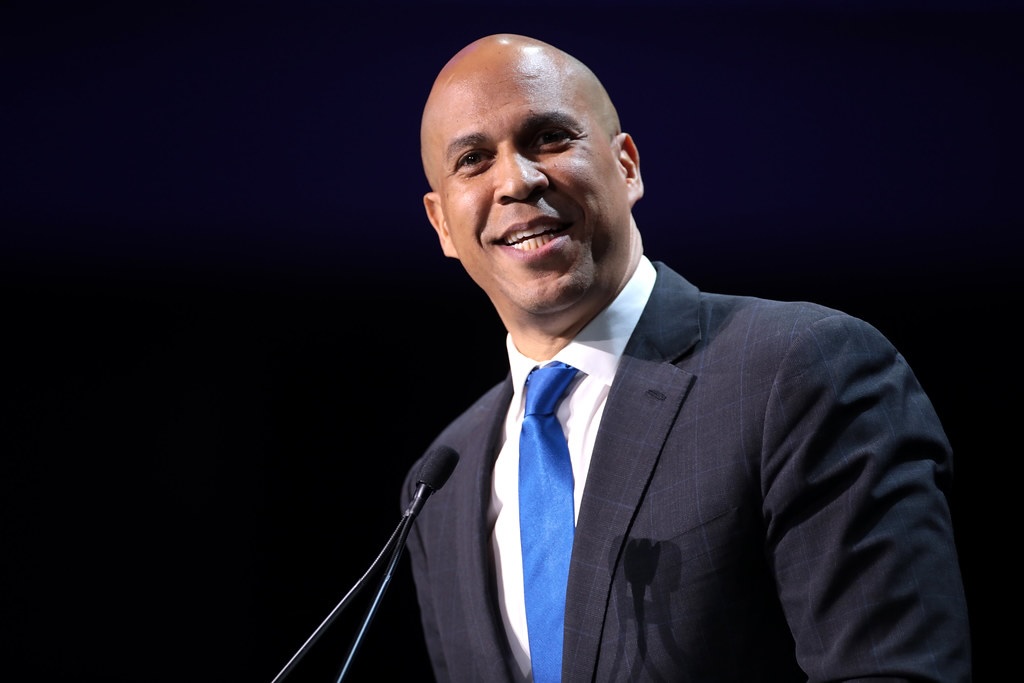Upon its release, the British series “Adolescence” became Netflix’s third-most-watched English-language television show, receiving critical acclaim from those in the entertainment industry and British Prime Minister Keir Starmer himself. “Adolescence” follows 13-year-old Jamie Miller, who is arrested for the murder of his female classmate, Katie Leonard. Throughout the show, effects of the “manosphere,” toxic masculinity and online radicalization are explored with regard to young boys. What has contributed to the show’s success in Britain and worldwide is its timeliness. The manosphere is the area of the internet that promotes toxic masculinity, misogyny and far-right ideologies under the belief that society is biased against men due to feminism’s influence and that “modern feminism” promotes misandry. “Adolescence” even mentions one real-life influencer, Andrew Tate, who is perhaps the most influential figure in this corner of the internet, holding millions of followers across platforms. “Adolescence” should not be treated as an exaggeration, but rather a foreshadowing of what could happen if this dangerous corner of the internet continues to flourish and destroy the minds of young, impressionable children.
Firstly, the figures of the manosphere are hardly role models at all, and should not be given a platform to spew ignorant and hateful content. Andrew Tate is currently facing legal investigations for rape, human trafficking and money laundering. Yet alarmingly, his online presence remains strong, and his following even stronger. This is not the type of man who should represent masculinity to young children. His form of “masculinity” equates to misogyny. This is a slippery slope — from misogyny stems rape, sexual assault, murder and other crimes against women. Quotes by Tate range from “Women are like cars” to comparing women who are not virgins to “used goods.” This objectification of women is all too common in manosphere rhetoric. Young boys believe that to fulfill Tate’s twisted version of masculinity, they must take the “red pill” and fight against the proclaimed adverse effects of feminism. A YouGov poll found that 24% of British men aged 18-29 agreed with Tate’s views on women, a number which would ideally be zero. Teachers, parents, siblings and friends are noticing the effects the manosphere has on children — increased aggression, avoidance of female interaction and excessive self-comparison. This is unhealthy for youth who are often exposed to this content before they are emotionally mature enough to distinguish what is true from what is not on the internet. Social media, in particular, has become a breeding ground for this toxic ideology as algorithms feed users more of what they interact with, locking young boys into echo chambers where their insecurity is exploited at the expense of progress, which has taken over a thousand years to make.
The manosphere does not just harm women, but it deeply hurts the men and boys who buy into it. By promoting a hyper-macho, “alpha,” emotionally repressive idea of what it means to be a man, young people lose the opportunity to build a healthy identity. Boys learn that vulnerability is a weakness, empathy is a crime and that seeking help is shameful. Through this, they will grow up emotionally stunted, deeply insecure and unable to hold normal interactions with women as they mask confusion under misogyny. Schools and mental health professionals are already witnessing this fallout. Teachers report increasing difficulty in maintaining respectful co-ed classroom environments as girls struggle to make their voices heard over young boys.
Ultimately, the manosphere is not founded on intelligent or nuanced views, despite the bravado it attempts to promote. It frames gender equality and feminism as one-sided–that if women gain, then men must lose. This mindset makes it impossible to appreciate what feminism has done: give women the right to vote, financial freedom, job equity and much more. Boys are being sold a false narrative that they are under attack, and this victim mentality allows the manosphere to thrive.
“Adolescence” arrives at the perfect time, reminding us that silence is not an option. As the next generation of boys turns into men who will hold jobs and leadership positions alongside women, strength must be defined not as dominance or harshness, but rather empathy and respect. In the real world, toxic masculinity is not feasible. Families, friends and teachers must recognize this and have conversations with the young children in their lives, including girls. Harmful influences can be prevented by open dialogue. Masculinity is not inherently shameful, and feminism is not a movement to promote misandry. By clarifying simple truths such as these, situations depicted in “Adolescence” can be avoided. All children should feel comfortable and secure in their own identity, while also respecting that of others.



